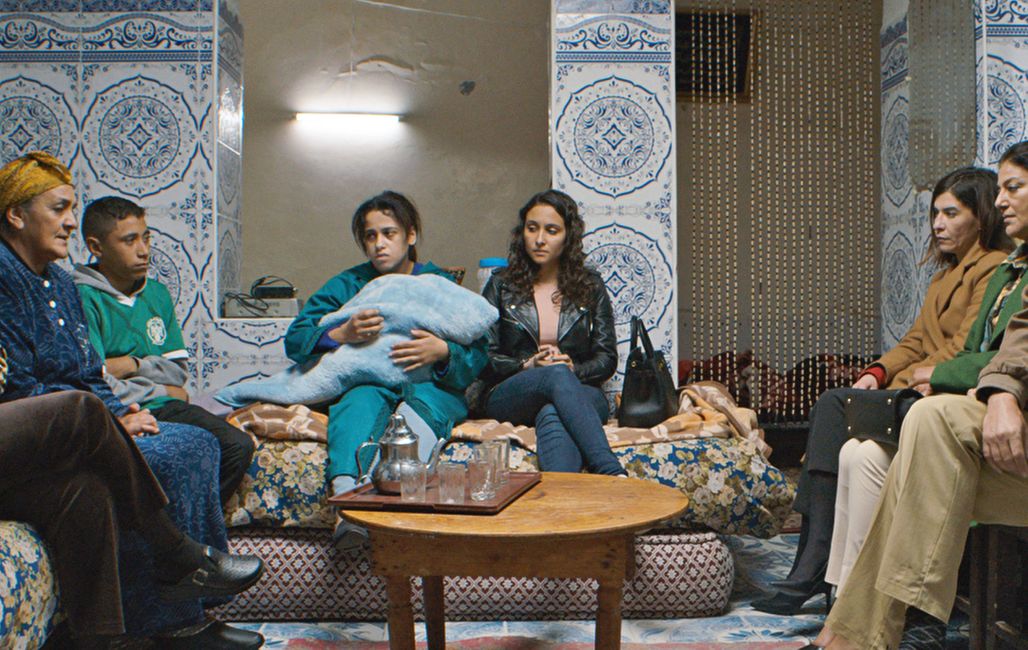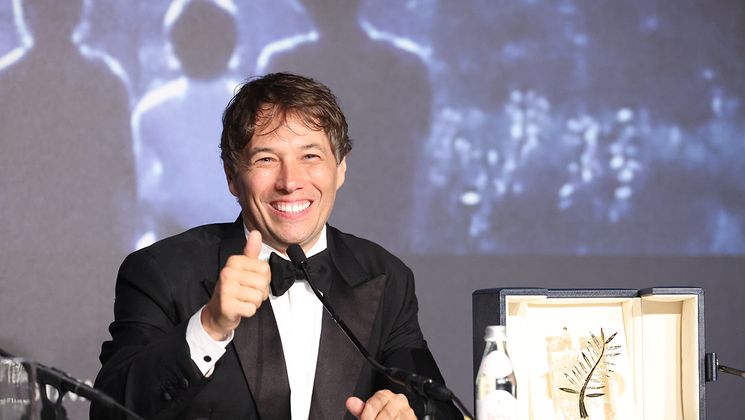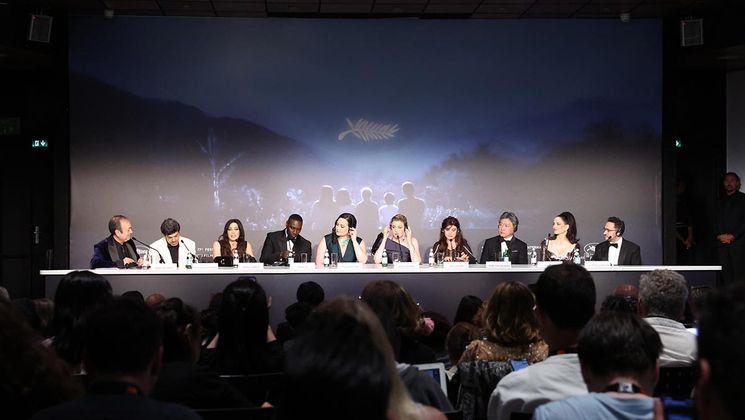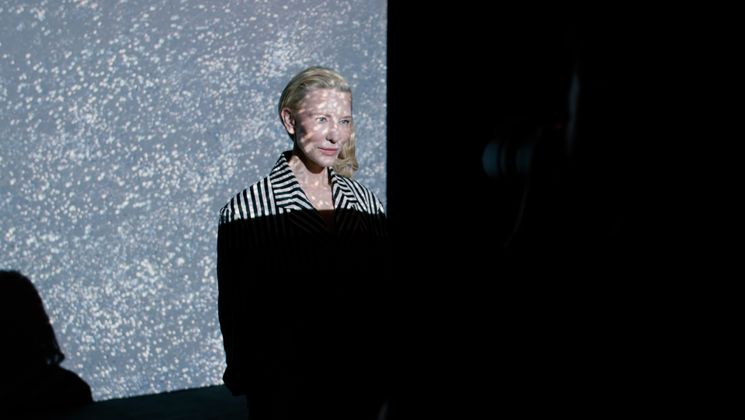
Sofia, as seen by Meryem Benm’Barek

Sofia by Meryem Benm’Barek sheds light on a sensitive subject: pregnancy outside marriage in her own country, Morocco. After several successful short films, the director is competing for the Caméra d’or with this, her first feature film.
Tell us how your film began.
When I was a teenager, my mother told the disturbing story of a young girl who was taken in by my grandparents. She was 17 years old, and my mother was about the same age at the time. One evening, and quite by chance, she discovered that the girl was pregnant and about to give birth. They needed to arrange a marriage as soon as possible. Pregnancies outside marriage are very common in Morocco, and all Moroccans are aware of the social and legal consequences for single mothers.
My story began quite naturally. I asked myself how a drama such as this could highlight every aspect of how a society operates.
What was the atmosphere like on set?
Despite the fatigue and the risks that are always associated with low-budget films, we all looked after each other. The whole team invested a great deal of human and artistic energy, because they knew that the film depicted a realistic view of Moroccan society.
Any anecdotes to share?
The most striking anecdote comes from the day when the actress who plays the midwife, and who helped deliver Sofia's baby the night before, found herself having to quickly help deliver another baby, but for real this time when a woman went into labour in a taxi in front of the hospital! Apart from the fact that this situation tied in with the aim of my film, there was above all something very powerful, spiritual and inexplicable when reality suddenly combined with the fiction we were all engaged in.
A few words about your actors?
For Sofia, it was an easy decision. I knew Maha Alemi, so I wrote for a year with her in mind. Her face bears traces of the secret that she had to hide in this film. And I didn't want someone with a modest look for this character. I was looking for a face that could play the type of middle-class Moroccan you see all the time on the streets.
For Léna (Sarah Perles), it wasn't so straightforward. I needed to find a young girl who looked completely different to her cousin, someone with sleeker looks and a naive expression, to emphasise the character's naivety and idealism.
As for Omar (Hamza Khafif), I quickly found who I was looking for. He had a sadness in the eyes that I found interesting. While writing I came up with lots of ideas for his character. I imagined him as an inhibited and unhappy artist. When I found out that Hamza wrote poetry and that his background was very similar to that of Omar, I decided to continue writing and add more detail to his story.
What did you learn while making this film?
While editing I had to face up to my mistakes in a fairly profound way. This is when I realised that it's easier to accept mistakes when they are your own. In future, I will follow my intuition every time.
What are your main influences?
From my own generation, I draw inspiration from the high standards and courage of Mungiu, Farhadi, Ceylan, and Zvagintsev, to name but a few. They share the same harsh and uncompromising approach to cinema. I find their films very impactful.


